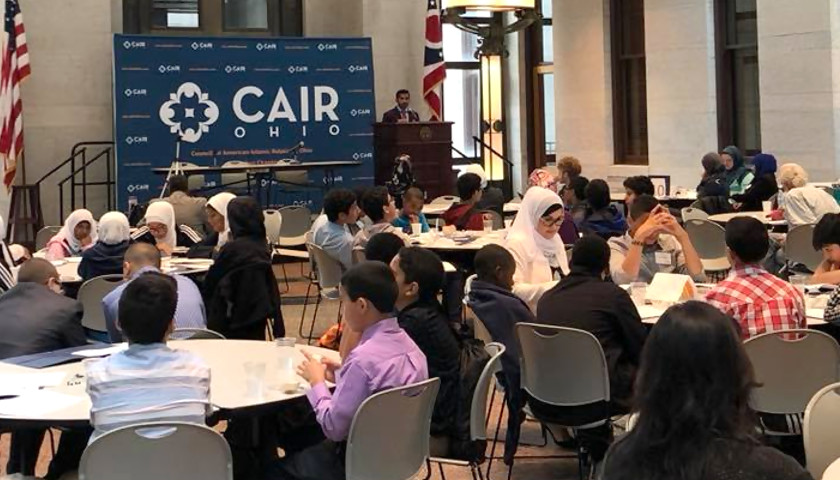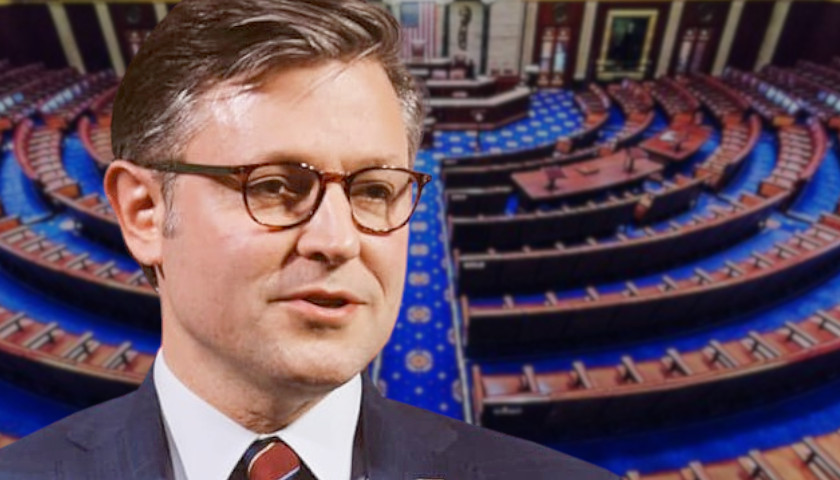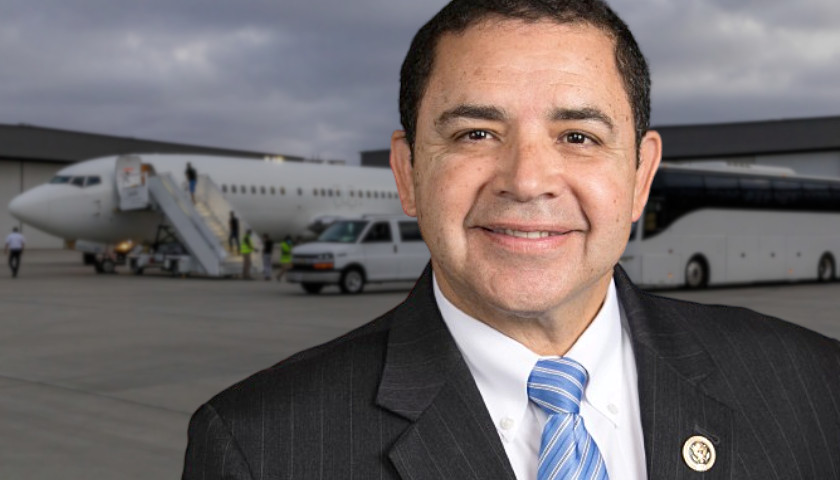The Council on American-Islamic Relations has a nationwide strategy of holding “Muslim Days” at state Capitols, and it was Ohio’s turn on Sept. 25 in Columbus.
Dozens of Ohio Muslims came to Columbus “with a plan, and a message,” according to NBC-4’s report, which is presented below.
The message was the same as it was last year at the first “Muslim Day at the Capitol.”
In fact, CAIR’s “Muslim Day” events are all choreographed in very much the same way, regardless of the city or state in which they are held. They provide lobbyist training for Muslims geared at turning them into Democrat activists who will fight for Democrat pet issues.
Topping the list are advocating for gun control, against “police bias,” and in favor of raising the minimum wages.
CAIR’s overall focus at these events is to raise voices of complaint about so-called “Islamophobia,” not only among police officers but across the American cultural landscape.
Schools, job sites, police, are all expected to treat Muslims a certain way, and if they don’t live up to expectations they are labeled Islamophobic. This is a concept that is foreign to most Americans, who don’t go around asking for special considerations regarding their faith, or stand ready to accuse a fellow American who doesn’t afford those considerations as being “anti-Christian” or “Christophobic.”
While the facts don’t bear it out, CAIR claimed at this week’s Muslim Day that Americans treat Muslims as a “marginalized” group.
When President Trump proposed a temporary, 90-day travel ban from a several terrorist-harboring Muslim-majority countries so he could tighten up the vetting process, some CAIR officials, including Executive Director Nihad Awad compared that to the Japanese internment camps during World War II. An overreach? You be the judge.
CAIR makes a living encouraging American Muslims to think of themselves as victims of American oppression, and this same mentality was on display again at the 2018 version of “Muslim Day at the Capitol” in Columbus.
The claim is that police in Ohio do not treat Muslims fairly. But is it fair to make such an allegation against Ohio police without providing evidence of a pattern of abuse or mistreatment of Muslims?
“We feel like these are issues that are plaguing our society and so we need to stand up and do something about them,” Usjid Hameed, the public affairs coordinator for CAIR Ohio, told NBC-4 in Columbus. “If you want to bring about change you need to stand up and do something about it.”
There is no evidence of the “police bias” spoken of by CAIR but there is evidence that police bend over backwards to give Muslims every benefit of the doubt, perhaps more so than non-Muslims. Why? Because they know that if they offend a Muslim, on purpose or accidentally, a lawsuit from CAIR will be knocking on their door. Whether it is true or not, the suit will claim “religious discrimination.”
Muslims get special preferences for religious dress on the job, and even as defendants in criminal cases. They get special food considerations in jails across America, including Ohio, and when they request time off for daily prayer they are accommodated.
The list of jails, schools and places of employment that have been sued for having policies offensive to Muslims is long and getting longer.
That doesn’t mean there is no discrimination. Surely there is. But Christians, Jews and others also get mocked, derided, and disrespected for their faith in a country that is becoming increasingly atheist and agnostic. Recent Pew Research studies of the American public confirm this trend. Fewer people attend religious service on a regular basis than at any time in American history.
The other factor in play here is that CAIR has a credibility problem, given the past history of its leaders spouting blatant Jew hatred, over-the-top anti-American rhetoric, and defending known terrorists.
CAIR was named as an unindicted co-conspirator in the 2007 Holy Land Foundation trial in Richardson, Texas, in which it was described as basically the U.S. branch of Hamas.
If Muslims truly feel as though they are not a part of American society and wish to better their relationships with non-Muslims, finding a more credible spokesman would go a long way toward accomplishing that goal.
– – –
Anthony Accardi is a writer and reporter for The Ohio Star. Photo “Muslim Day in Columbus” by facebook.com/caircolumbus.





